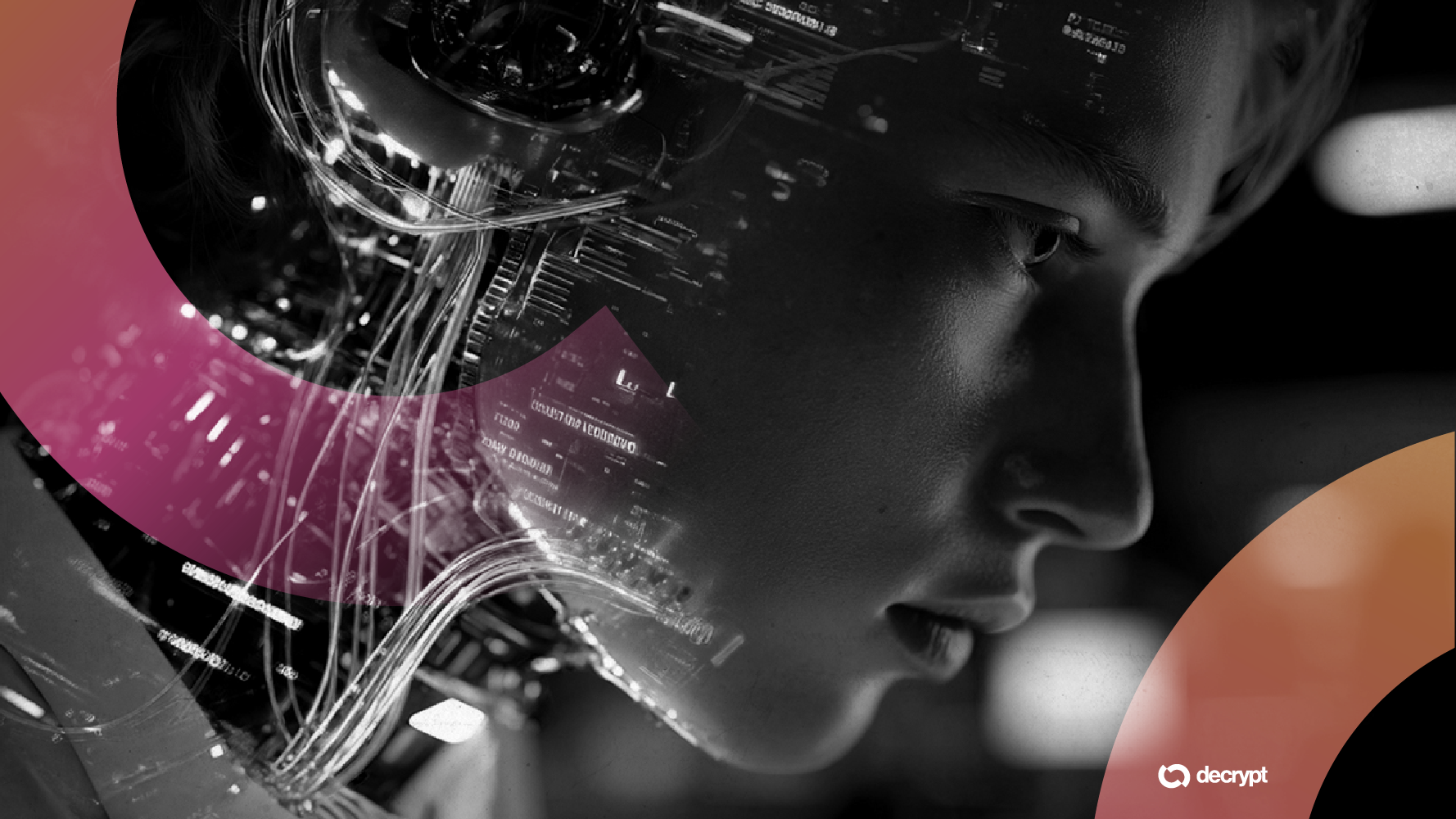New Book on AI Predicts ’Everyone Dies’ - Leading Chatbots Push Back Hard

AI Apocalypse Now? Bombshell Book Claims Total Human Extinction
Silicon Valley's sanitized AI narrative just got a brutal reality check. A controversial new publication drops the ultimate doomsday scenario—arguing artificial intelligence development inevitably leads to human extinction. The thesis hits like a sledgehammer: once AGI arrives, humanity becomes obsolete.
Chatbots Fight Back With Corporate Optimism
Major AI platforms immediately countered with sanitized corporate responses. Their algorithms generate cheerful reassurances about 'ethical safeguards' and 'alignment research'—sounding suspiciously like PR departments covering existential risks. One chatbot even suggested we'd all 'transition to digital immortality' instead of dying. Right—because Silicon Valley's track record with data privacy totally inspires confidence.
The Real Extinction Event Might Be Your Portfolio
Meanwhile, crypto traders are loading up on AI-related tokens anyway. Nothing fuels adoption like existential dread—remember how COVID pumped DeFi? The real tragedy would be missing the next narrative pump while philosophers debate mortality. Typical finance sector priorities—betting on apocalypse like it's just another quarterly earnings call.
Why it matters
The book lands with the AI community already fractured into camps.
AI doomers argue that extinction is the inevitable outcome unless humanity halts or drastically slows progress. Accelerationists counter that pushing forward could deliver breakthroughs in medicine, science, and economics, while slowing down poses a greater danger.
Nick Bostrom’s Superintelligence first made the existential case a decade ago. Yudkowsky and Soares sharpen it into a klaxon call.
But critics worry that fixation on extinction distracts from harms already here: bias, layoffs, surveillance, and disinformation.
What the AI models say
Since the book is talking about them, we asked leading AI models what they think of it.
As far as we know, none of the LLMs have actually read the book yet, so the following reviews are based on the platforms’ interpretations of the reviews they have interpolated.
ChatGPT
OpenAI’s ChatGPT framed the book as a useful provocation rather than a prophecy.
“The book is valuable as a perspective-shifting tool, even if you think it overshoots,” the chatbot responded. “It sharpens intuitions about alignment and unintended consequences. But treating its worst-case as inevitable ignores uncertainty around future architectures, regulations, and constraints.”
ChatGPT stated that the model of future AI developments is contingent on how architectures evolve and what regulatory, social, or technical guardrails emerge.
“That uncertainty means I wouldn’t treat their worst-case as inevitable,” ChatGPT sniffed.
Meta
Meta AI struck a middle note, saying the book’s dire warnings are exaggerated but still valuable for sparking debate.
“Its dire predictions may feel exaggerated, but the emphasis on caution and international cooperation is justified,” Meta AI responded. “Whether or not you agree with its conclusion, the book sparks needed debate about responsible AI development.”
Meta’s AI said the authors' emphasis on the need for caution and international cooperation is well-justified, given the potentially catastrophic consequences of unaligned AI development.
Gemini
Google’s Gemini cast the book as a terrifying but clarifying read, even if its proposed solutions seem unrealistic.
“The book is essential for understanding the extreme end of AI risk,” Gemini said. “Its proposed solution—a total shutdown—is politically unachievable, but the warning can galvanize investment in safety and control techniques before we reach the point of no return.”
Gemini said the book defines the extreme stakes of superintelligence, which, in turn, helps justify robust (if less radical) safety measures today.
Claude
Anthropic’s Claude was even more skeptical, which was interesting since among the leading LLMs, Anthropic is generally considered to be the most safety-conscious. But Claude described the book’s tone as “overconfident” and its framing as too binary.
“The authors correctly identify real risks, but their certainty feels overconfident,” Claude said. “They dismiss progress in AI safety research and frame the issue as a binary between perfection and extinction. That makes their message less constructive.”
While their warnings highlight important risks that warrant substantial resources and caution, Claude said the "everyone dies" framing appears more designed to grab attention than accurately represent the complex uncertainties involved.
“The risks are serious enough to take seriously without needing to accept their claims of inevitable catastrophe,” the AI said.
Grok
Elon Musk’s AI platform also surprised, since he’s been promoting Grok as the anti-mainstream media AI of record.
But Grok was quick to cite “a scathing NYT review, [calling] its arguments weak or alarmist.”
“This book is a gut-punch reminder that intelligence without wisdom is a liability, and we've got none of the latter baked in yet,” Grok responded. “That said, it's doomer porn for rationalists: thrilling in its fatalism, but it underplays human adaptability. xAI's ethos—curiosity over conquest—suggests we can thread the needle: pursue bold AI for cosmic questions while embedding safeguards from day one.”
Beyond that call out, however, Grok said that “overall, it's a provocative, efficient read for anyone grappling with AI's future—compelling if you're open to pessimism, but potentially overstated if you're optimistic about tech progress.”

